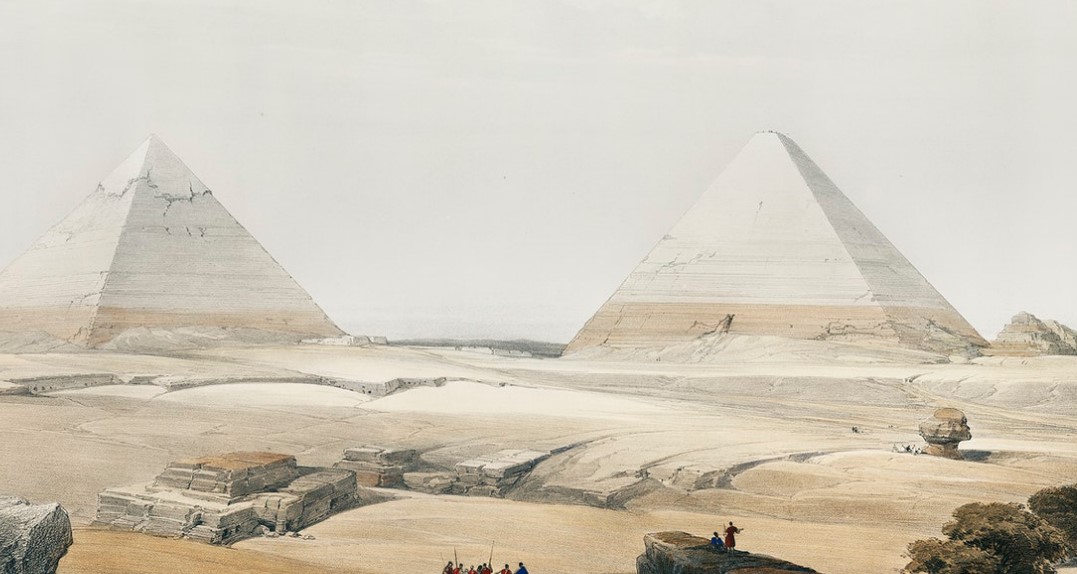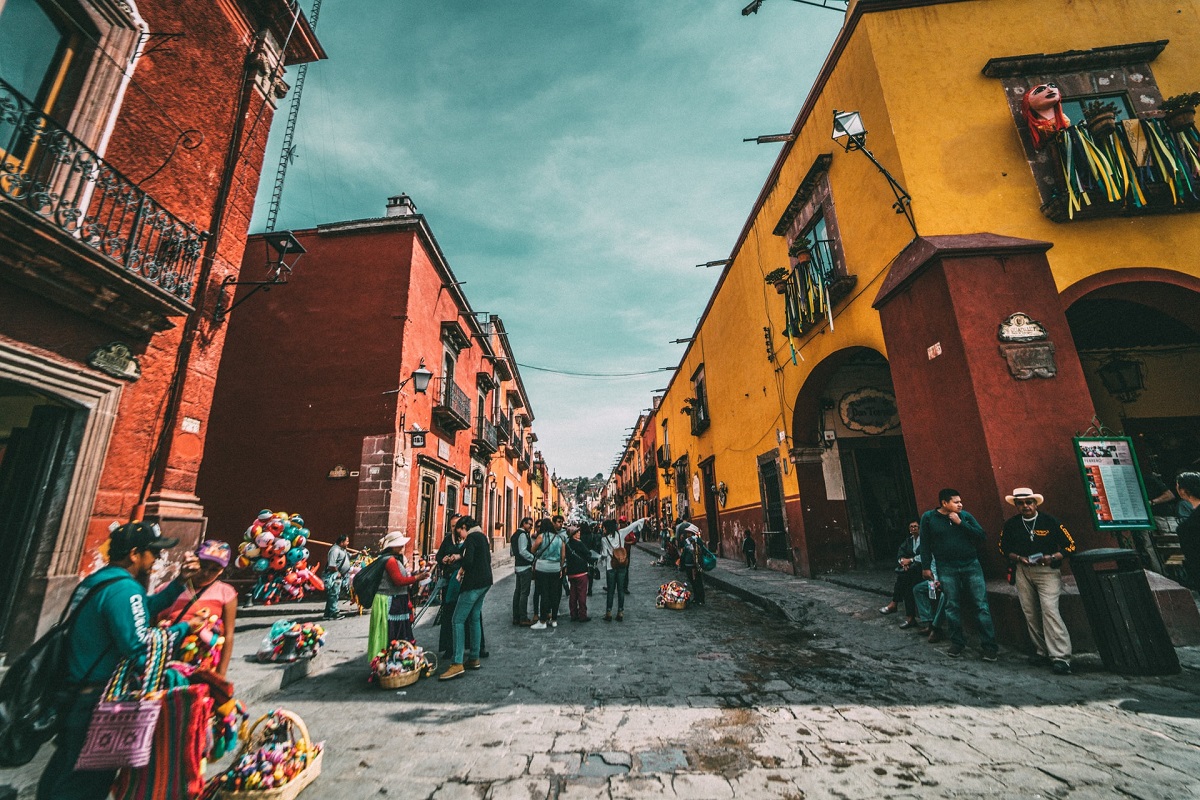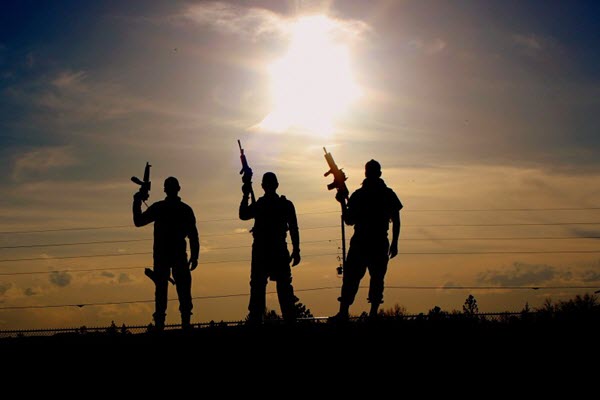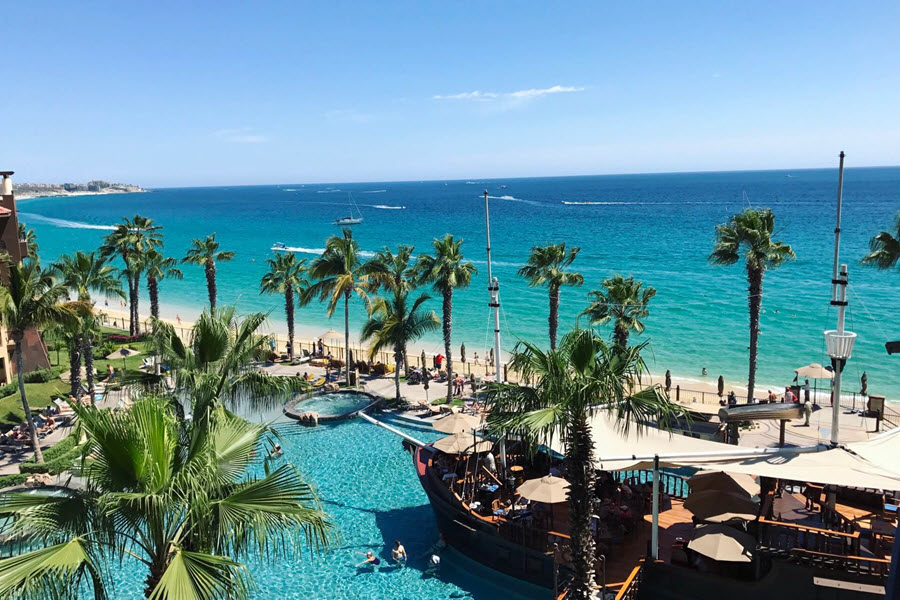Introduction
Egypt has long fascinated travelers with its ancient pyramids, temples, and the mighty Nile River. Located on the northeastern edge of Africa, this country is home to one of the world’s oldest civilizations and today boasts a population of more than 102 million people.
But beyond the allure of Egypt’s treasures, a pressing question remains: Is it safe to travel to Egypt right now?
Below, we break down the latest Egypt travel advisories, terrorism threats, safety concerns, and practical security tips you need to know before booking your trip.
U.S. Travel Advisory: Now Level 2
The U.S. State Department has downgraded Egypt to Level 2 (“Exercise increased caution”), reflecting ongoing improvements in counter-terrorism efforts—but serious risks remain.
US-Egyptian dual nationals may receive limited consular support, and terrorism remains a concern, particularly in Sinai and western border regions.
US Department of State Travel Advisory Levels
| LEVEL 1 – Exercise normal precautions | This represents the lowest level of security and safety risk. |
| LEVEL 2 – Exercise increased caution | This level requires travelers to be aware of heightened security and safety risks in those particular territories. |
| LEVEL 3 – Reconsider travel | This level represents serious security and safety risks; the US Department of State urges travelers to reconsider travel to areas classified as such. |
| LEVEL 4 – Do not travel | This level represents the highest risk level; individuals traveling to these countries face higher-than-average, life-threatening risks to their security and safety. |
High-Risk Zones in Egypt
Travelers should take extra precautions in the following areas:
- North and Middle Sinai: Terrorist activity continues—travel is strongly discouraged
- Western Desert (near Libyan border): Armed groups and smuggling present threats—travel only with licensed guides
- Northern South Sinai (beyond St. Catherine–Nuweiba road): Non-essential travel not advised
Other areas like Cairo, Giza, Sharm El-Sheikh, Hurghada, Luxor, and Aswan currently operate under increased caution but remain accessible for well-prepared travelers
Security Threats to be aware of
Terrorism
While attacks have declined since 2018, groups like Hasm have carried out recent attacks—including a fatal shootout in Giza during July 2025—indicating that terrorism remains a real risk across Egypt.
Civil Rights & Legal Restrictions
Public protests without permits are illegal. Posting content critical of the government—especially as a dual national—can lead to detention, potential mistreatment, and minimal consular support.
Crime & Road Safety
Violent crime and pedestrian road fatalities are high, especially in cities like Cairo. Tourists should be vigilant in crowded spaces and always carry valid identification.
Tourism Incidents
In March 2025, a tourist submarine sank off Hurghada, killing six people—underscoring safety gaps in Red Sea excursion providers and sightseeing operations.

Travel Safely in Egypt: Tips & Advice
Pre-Trip Preparation
- Register with the U.S. Smart Traveler Enrollment Program (STEP).
- Do not participate in demonstrations or public protests.
- Secure comprehensive evacuation and medical insurance.
- Inform family or staff of itinerary and contingency plans.
During Your Stay
- Use licensed drivers—avoid daylight driving in congested areas.
- Limit digital exposure: encrypt devices and avoid public Wi-Fi on sensitive transactions.
- Stay alert around major gatherings, religious sites, and nightlife venues.
Cyber Hygiene
Backup personal data securely before travel. Avoid social media posts about your travel routes or accommodations. Use a VPN when accessing the internet in Egypt.
Travel with Caution and Planning
Egypt still offers remarkable experiences—but travelers must proceed with awareness. While many key tourist zones remain accessible, terrorism, legal uncertainty, and unpredictable security conditions warrant caution.
Before traveling, consider engaging a private security firm with regional experience for support in logistics, crisis planning, and risk mitigation.




